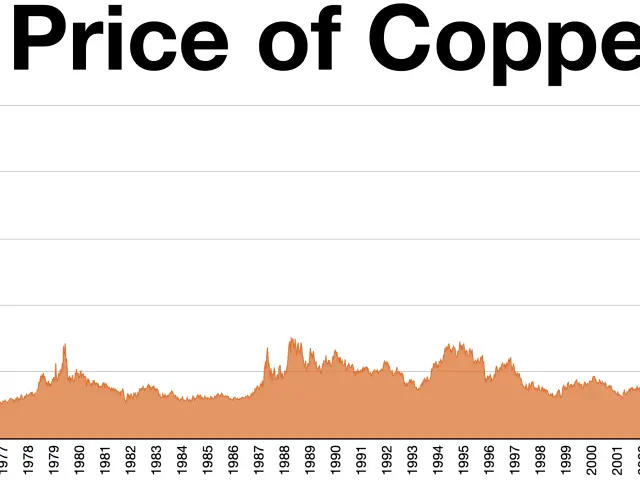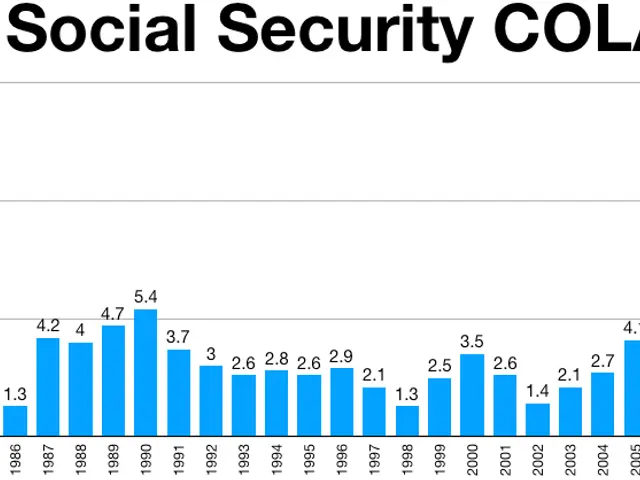Economic Individual Seeks Long-Term Retirement Benefits at Age 69
In recent discussions surrounding pension reforms in Germany, two prominent figures, Horst Werding and Martin Werding, have put forth their ideas to stabilise the system and ensure its sustainability.
Horst Werding, a pension expert, questions the necessity of widow's pensions and suggests that women today are capable of providing for themselves. He also proposes deductions between 5% and 7% per year for early pension receipt, from an insurance mathematics perspective. However, Werding emphasises that any reforms regarding the widow's pension and early pension receipt would require significant preparation time to allow people to adjust.
On the other hand, Martin Werding, a member of a group advocating for comprehensive pension reform, proposes gradually increasing the retirement age in Germany by linking it to life expectancy and abolishing the early retirement option at age 63. He aims to adjust pensions for inflation, strengthen the sustainability factor, and keep pension spending around 10% of GDP by 2050. Without reform, pension costs and contribution rates would rise significantly[1]. Werding specifically advocates for people staying longer in the workforce, suggesting that the retirement age could eventually reach 69 years to protect the pension system[2].
Meanwhile, Federal Labor Minister Barbara Bas opposes the debate on longer working hours, calling it a "sham debate." She notes that many people do not reach the current retirement age due to health reasons. For those who do not reach the retirement age, extending it would be a pension cut, as stated by Bas. She also does not support abolishing the early retirement for long-term insured individuals.
In regards to the widow's pension, Horst Werding suggests that it could be abolished from an incentive perspective, but no clear information about his position on widow's pension abolition for economic reasons can be confirmed from the sources found.
[1] Source: https://www.handelsblatt.com/politik/deutschland/werding-fordert-pensionsreform-um-den-system-zu-stabilisieren-11109480 [2] Source: https://www.tagesspiegel.de/politik/werding-fordert-hohere-pensionsalden-fuer-fruehe-renten-11108214.html
- Horst Werding, in his proposals for pension reform, suggests adjustments in personal-finance matters, such as limiting deductions for early pension receipt in insurance mathematics and potentially abolishing the widow's pension from an incentive perspective.
- Martin Werding, a pension reform advocate, not only proposes raising the retirement age and adjusting pensions for inflation, but also strives for wealth-management within the pension system, aiming to keep pension spending around 10% of GDP by 2050, which involves various business strategies.






